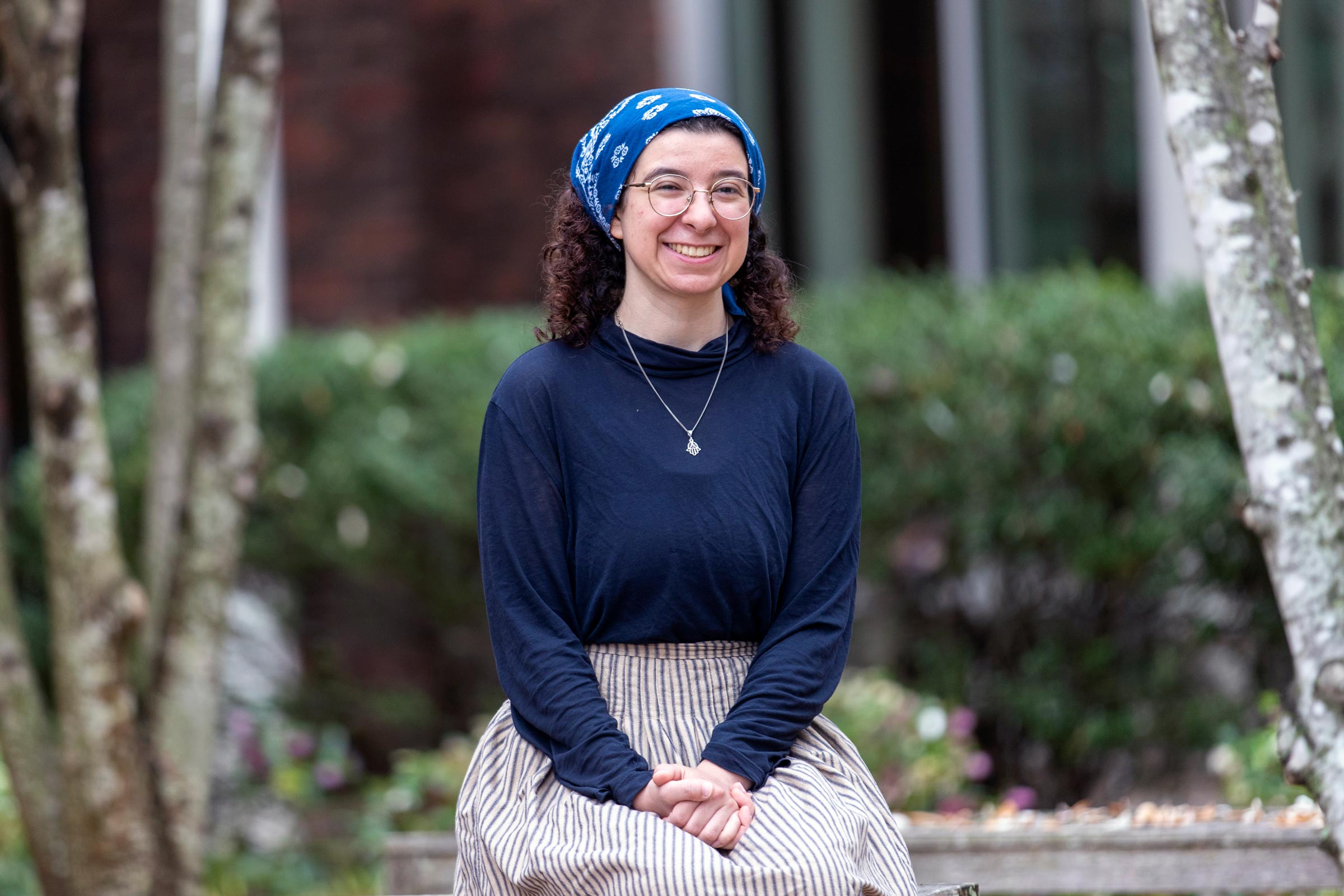Alizé Dreyer is digging into Turkish history – and her own.
Dreyer is a fourth-year student at the University of Virginia majoring in history, as part of the History Distinguished Majors Program, and in global studies, focusing on the Middle East and South Asia. She also is conducting her own independent research as a Harrison Undergraduate Research Grant recipient.
Dreyer focuses on how nationalism and nation-building in Turkey during the nation’s “one-party period” – from 1923 to 1945 – affected Jews in comparison with other groups in Turkey, and how Jews also participated in nation-building.
“The crisis following the dissolution of the Ottoman Empire and national consolidation efforts from the late 1890s to the 1940s is crucial for the context of this topic,” Dreyer said. “I also look into how Jewish life differed from that in the Ottoman Empire and the Republic of Turkey. This will connect with a shift to increasing antisemitism and ‘otherization’ amidst various rising nationalist movements.”
Dreyer said Jews in Turkey were excluded from religious and ethnic interpretations of Turkishness and were targeted by antisemitic and racist nationalism that also targeted Armenians, Greeks and Kurds. She said that while Jews in Turkey have historically tried to remain quiet, unobtrusive and unseen by the government and society, her research looks into them as active agents in Turkish history, criticizing the harm of nationalist rhetoric while examining how minoritized populations used nationalism as a tool to fit into new conceptions of society and identity.
“My research is necessary because Turkey is a microcosm of the phenomenon of identity formation that was happening globally in the early 20th century,” Dreyer said. “Turkish Jews have not been ignored in historiography, but many of their stories and voices have not been fully heard. However, this is also slowly changing.”





